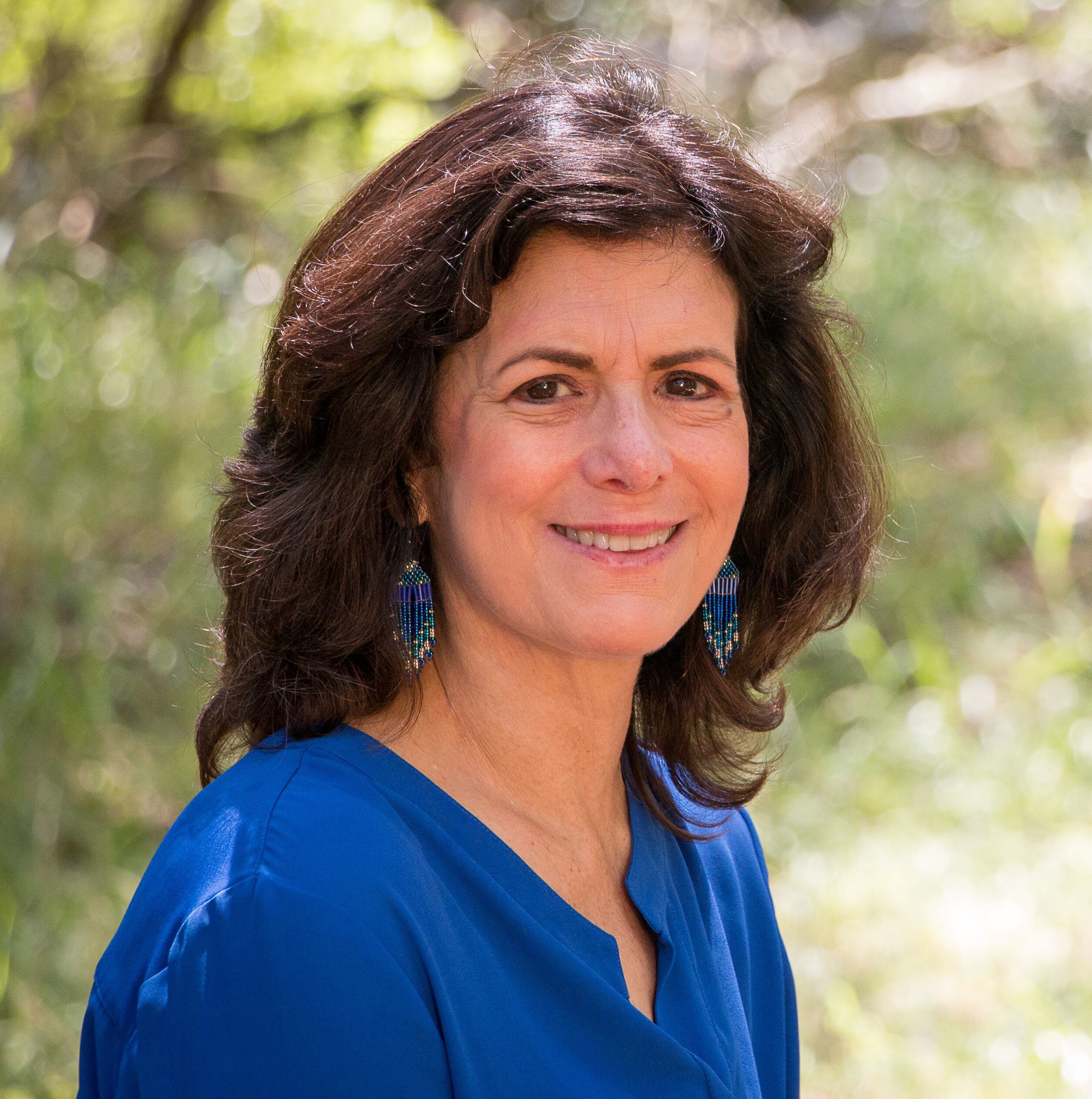
A growing body of research shows that when people practice gratitude, they feel happier, sleep better and are less depressed; they have more goodwill for others and fewer health problems. They notice these differences in themselves and the changes are visible to their spouses as well. Studies have shown that people who practice both forgiveness and gratitude have the highest rates of happiness of all. In an article entitled The Neuroscience of Graitude, Ocean Robbins (Common Ground, November 2014) writes: [G]ratitude, it turns out, makes you happier and healther. If you invest in a way of seeing the world that is mean and frustrated, you’re going to get a world that is, well, more mean and frustrating. But if you can find any authentic reason to give thanks, anything that is going right with the world or your life, and put your attention thre, then research says you’re going to be better off. Gratitude does not mean denying problems in your life or in the world around you. It means putting less focus on the problems and more on areas of authentic appreciation. So here it is — the most important question you can ask: What am I genuinely grateful for? It takes time to cultivate gratitude at first, but its well worth the investment. Here are three simple practices Robbins suggests:
|
||
| What are you genuinely grateful for? This question can profoundly impact your life. The more you ask (and answer) it the happier you will be! |
 Sign up for our newsletter and get a complimentary copy of Eileen's book "Walking the Path of Forgiveness"
Sign up for our newsletter and get a complimentary copy of Eileen's book "Walking the Path of Forgiveness" EILEEN BARKER is an internationally recognized mediator, facilitator, forgiveness teacher and pioneer in the movement to integrate emotional healing and forgiveness in conflict resolution. In addition to her popular workshops and retreats, Eileen offers private forgiveness coaching. She is the author of the Forgiveness Workbook.
EILEEN BARKER is an internationally recognized mediator, facilitator, forgiveness teacher and pioneer in the movement to integrate emotional healing and forgiveness in conflict resolution. In addition to her popular workshops and retreats, Eileen offers private forgiveness coaching. She is the author of the Forgiveness Workbook.

Speak Your Mind